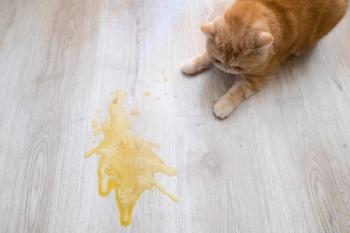
Chemotherapy as a general practitioner

Rachel Venable, DVM, MS, DACVIM (Oncology), prepares general practitioners to enter the world of chemotherapy, plus the legality behind USP 800
Subscribe to The Vet Blast Podcast on
There are veterinary clinics out there that do not have an oncologist located within the areas that the clinic serves. Because of this, general practitioners are seeking more information on how to safely administer chemotherapy to their patients suffering from cancer.
On this episode of The Vet Blast Podcast, Rachel Venable, DVM, MS, DACVIM (Oncology), founder of Pet Cancer Care Consulting, joins Adam Christman, DVM, MBA, to discuss more in-depth what chemotherapy looks like in general practice, how to prepare your staff and clients, and what exactly USP 800 is.
Below is a partial transcript. Listen to the full podcast for more.
Rachel Venable, DVM, MS, DACVIM (Oncology): And then the other big thing, I think it's educating the owners, right, because if they're giving these drugs at home, then they also need to be aware that this isn't the same as taking penicillin, right? Like, this is something where you need to wear gloves at home, you need to be washing your hands. And storage, I think that's the big thing, because so many of us when we're taking pills, we store them on the kitchen counter. But the problem with these kinds of pills is just getting them in and out of the bottle. Could a little powder fall down and if that's your kitchen counter and you chop up your vegetables, you know, you end up ingesting it.
Newsletter
From exam room tips to practice management insights, get trusted veterinary news delivered straight to your inbox—subscribe to dvm360.




